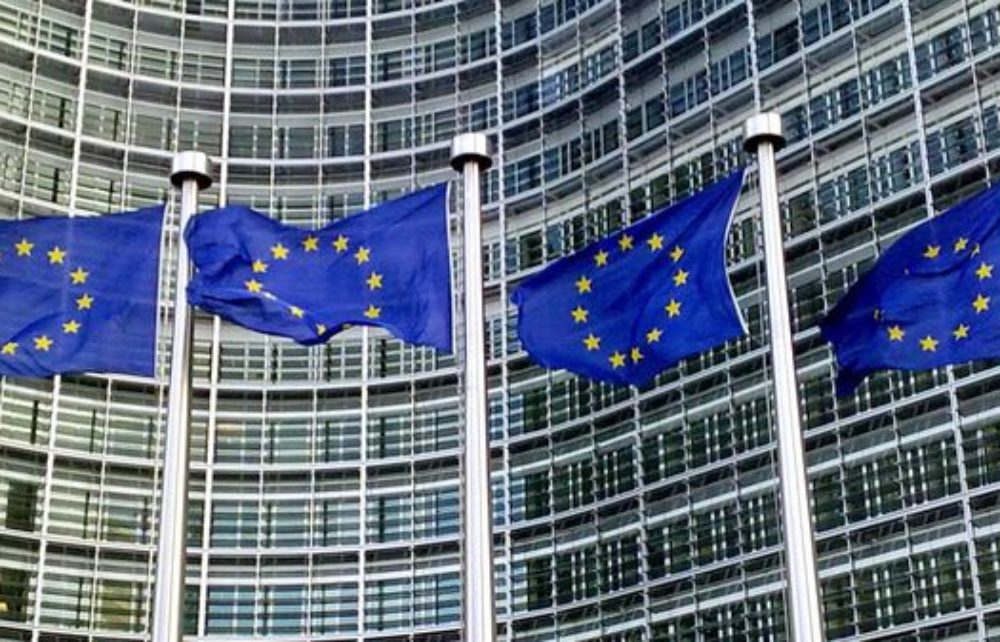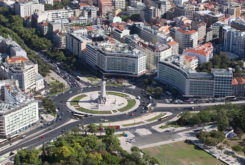The EU Foreign Affairs Council (FAC) has called for solidifying and branding a global European connectivity initiative – in part as a response to China’s Belt and Road Initiative (BRI).
According to MERICS research institute, the “success of an improved, operational version of the Connectivity Strategy will depend on financing, branding and a clear definition of priorities”.
“Comparative framing of the initiative as a response or alternative to the BRI would further boost China’s position. Instead, the initiative would benefit from being presented as an affirmative solution with a simplified bureaucratic structure that is tailored to needs of developing countries”, it adds in a note.
The FAC´s conclusions invoke a “geostrategic approach” to connectivity and link measures taken as part of other EU policies, including 2030 Digital Compass or European Green Deal.
FAC wants to launch a dedicated Business Advisory Group, mobilize private-sector financing, and operationalize the EU’s connectivity partnerships with Japan and India, and the one anticipated with ASEAN. The initiative will work together with multilateral development institutions and like-minded countries, “in particular the United States”.
The Council also wants to develop a distinct brand for the EU’s initiative, in part by taking stock of current projects and launching new ones that are “high impact and visible.” The Commission will now develop a concrete proposal, likely to be ready by the time of the autumn State of the Union speech by Commission President Ursula von der Leyen.




